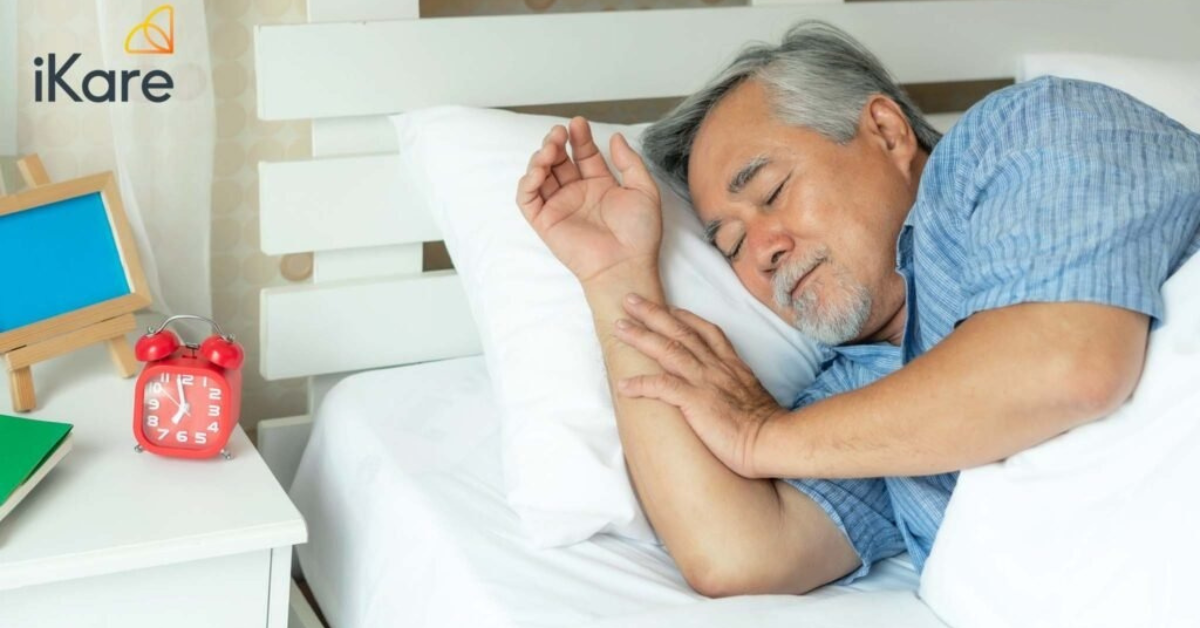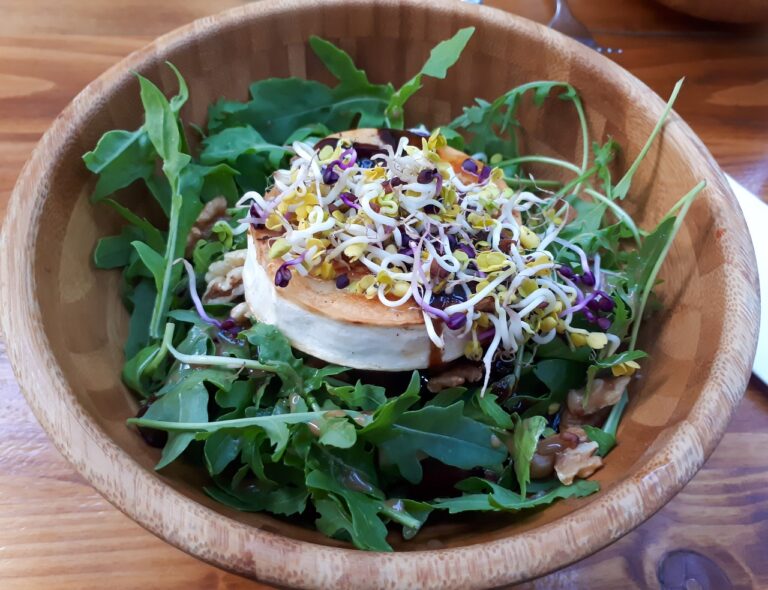Homecare in Singapore: Personalized Support for Independent Living
As Singapore’s population continues to age, more families are exploring sustainable ways to care for their elderly loved ones. With over 1 in 4 Singaporeans expected to be aged 65 and above by 2030, the demand for eldercare is increasing. While institutional options like nursing homes and long-term care facilities exist, many families now prefer a more comfortable and personalized approach—homecare. Homecare Singapore offers medical and non-medical support delivered in the home environment, enabling seniors and patients with disabilities to live safely and comfortably in a familiar setting. Whether recovering from surgery, managing chronic conditions, or requiring full-time assistance, homecare allows individuals to maintain their dignity, routines, and independence.
What is Homecare?
Homecare refers to a wide range of health and supportive services provided in a person’s own home. It is typically delivered by trained caregivers, nurses, or therapists depending on the level of assistance required. Services may include personal hygiene assistance, medical nursing, rehabilitation therapy, medication management, and companionship. Homecare is especially beneficial for seniors, patients recovering from surgery, individuals with disabilities, and families seeking temporary relief from caregiving responsibilities.
Who Can Benefit from Homecare in Singapore?
Homecare is suitable for: elderly individuals with reduced mobility or cognitive decline, patients recovering from hospitalisation, individuals with chronic illnesses such as stroke, diabetes, or heart disease, persons requiring palliative or end-of-life care, patients with dementia or Alzheimer’s disease, and family caregivers in need of respite. Whether short-term or ongoing, homecare ensures that individuals receive support tailored to their health and lifestyle needs.
Types of Homecare Services in Singapore
1. Personal Care Assistance
Includes help with Activities of Daily Living (ADLs) such as bathing, dressing, grooming, toileting, feeding, mobility, and basic exercises. Ideal for seniors who can no longer perform these tasks independently.
2. Home Nursing Care
Provides medical support by licensed nurses. Common tasks include wound dressing, catheter and stoma care, medication administration, IV therapy, tube feeding (NGT/PEG), post-surgery monitoring, and chronic illness management. Suitable for patients with more complex health conditions.
3. Rehabilitation and Therapy at Home
Delivered by certified physiotherapists, occupational therapists, or speech therapists. Helps individuals regain mobility, improve coordination, and maintain daily function following a stroke, fall, or surgery.
4. Dementia and Alzheimer’s Care
Specialized care for individuals with cognitive impairment. Focuses on behavior management, memory stimulation, safe routine development, and prevention of wandering or agitation.
5. Respite Homecare
Temporary care provided to relieve primary caregivers for a few hours, overnight, or for short durations. Useful during caregiver emergencies, holidays, or burnout periods.
6. Palliative and End-of-Life Care
Compassionate care designed for patients with terminal illnesses. Services include pain and symptom management, personal comfort care, emotional support, and assistance for family members.
7. Companionship Services
Non-medical assistance focused on social engagement, conversation, recreational activities, and emotional support. Ideal for seniors living alone or at risk of isolation.
Benefits of Choosing Homecare in Singapore
Comfort and Familiarity: Homecare enables individuals to remain in their own space, which can reduce stress and support mental well-being. Personalized Attention: Services are customized to the individual’s health condition, preferences, and schedule. Independence: Homecare empowers seniors to maintain a sense of autonomy by continuing with daily routines at home. Family Involvement: Homecare encourages family participation in care planning and daily interactions, fostering emotional support. Reduced Risk of Hospitalization: With medication compliance, proper hygiene, and regular monitoring, homecare reduces emergency visits and hospital readmissions. Cost-Efficiency: Homecare can be more affordable than private nursing home stays, especially with government subsidies.
Cost of Homecare in Singapore
Homecare costs depend on the type and duration of care required. Below is an estimated cost range:
| Service Type | Estimated Cost |
|---|---|
| Personal Care (hourly) | $20 – $35/hour |
| Home Nursing Visit | $80 – $150/visit |
| Overnight Homecare | $180 – $280/night |
| Physiotherapy Session | $150 – $250/session |
| Live-in Caregiver | $700 – $1,200/month (excluding levy and living expenses) |
Financial Assistance and Government Subsidies
Singapore offers several financial support schemes for families using homecare services:
Home Caregiving Grant (HCG)
A monthly cash payout of $250 for eligible care recipients with permanent moderate disability. Can be used to offset homecare service fees or caregiver salary.
MOH Subsidies via AIC
Means-tested subsidies for home nursing, therapy, and home personal care arranged through providers registered with the Agency for Integrated Care (AIC).
CareShield Life / ElderShield
Monthly payouts for individuals with severe disability (unable to perform 3 or more ADLs). Claims can help pay for long-term homecare.
Pioneer and Merdeka Generation Benefits
Additional subsidies for healthcare services, including homecare, for seniors in these groups.
FDW Levy Concession
Lower foreign domestic worker levy for families employing a helper to care for a senior with certified needs.
Choosing a Homecare Provider in Singapore
When selecting a homecare provider, consider the following:
Licensing and Accreditation: Ensure the provider is licensed by the Ministry of Health (MOH) or works in partnership with AIC. Trained Professionals: Caregivers, nurses, and therapists should have the necessary qualifications and experience in eldercare or specialized medical care. Flexibility of Services: The provider should offer customizable plans—hourly, overnight, live-in, or one-off visits. Transparent Pricing: Look for clear breakdowns of service charges, with no hidden costs. Support and Communication: A quality homecare provider should offer responsive communication and regular care updates to families. Reviews and Testimonials: Check client feedback, ratings, or ask for referrals.
Why Choose iKare Home for Homecare Services?
At iKare Home, we deliver high-quality, reliable, and compassionate homecare services across Singapore. Our goal is to help your loved ones live comfortably, confidently, and safely in their own homes. Our services include daily personal care assistance, professional home nursing, dementia care, therapy services, live-in caregiver placement, respite and short-term care, and end-of-life care planning. All iKare caregivers and nurses undergo regular training and vetting to ensure professional standards and emotional sensitivity. We also assist families with subsidy applications and offer flexible care packages suited to each individual’s needs and preferences.
Frequently Asked Questions (FAQ)
What’s the difference between a caregiver and a home nurse?
A caregiver assists with daily living tasks such as bathing, feeding, and mobility, while a home nurse is licensed to perform clinical procedures like injections, wound care, and medical assessments.
Can I get homecare for just a few hours a week?
Yes. Many homecare providers offer flexible packages, including part-time services by the hour or per visit. This is ideal for families who need help only during peak hours or while away.
How soon can homecare services start?
Homecare can usually begin within 24 to 72 hours of assessment, depending on availability and complexity. Urgent services may be arranged faster.
Can I use the Home Caregiving Grant for homecare services?
Yes. The Home Caregiving Grant can be used to pay for homecare services from licensed providers or to offset the cost of hiring a trained caregiver.
Do you provide live-in caregiver services?
Yes. iKare Home offers live-in caregiver placement, including trained foreign domestic workers certified in eldercare and dementia support.
Final Thoughts
As Singapore’s population grows older, homecare services have become an essential part of healthcare and family life. They provide a safe, flexible, and cost-effective way to care for seniors and patients in their own homes—where comfort and peace of mind matter most. Whether it’s short-term help during recovery or long-term support for aging in place, iKare Home is here to guide you with expert care and compassion. Contact us today to explore how we can make daily living easier, safer, and more comfortable for your loved ones.







